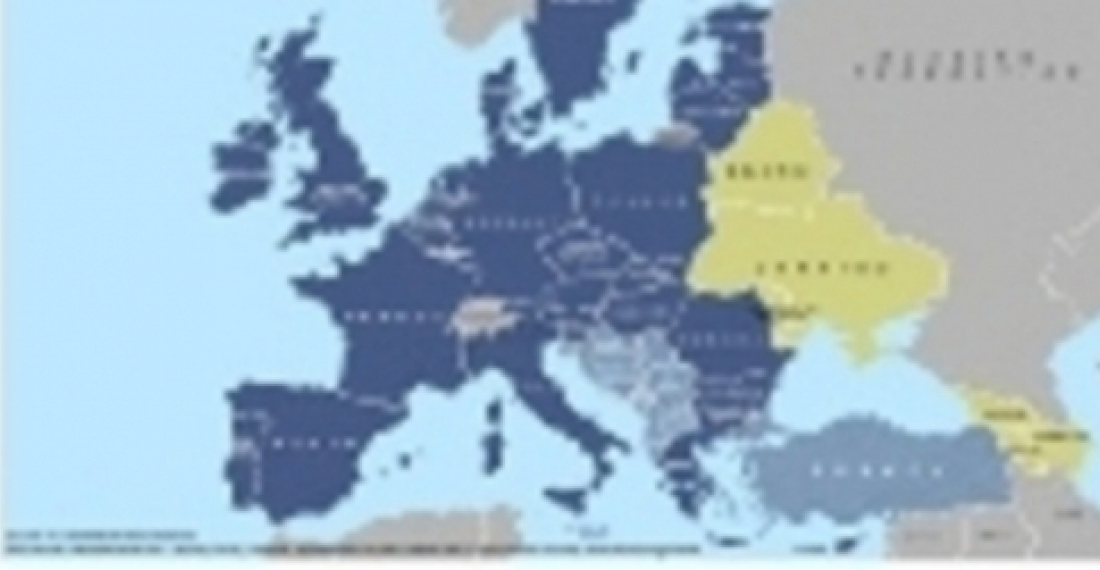The European Union last week launched a new, more ambitious version of its neighbourhood policy that aims to engage with the new situation emerging from events in North Africa and the Middle East, as well as build on past achievements, particularly in the Eastern Dimension of the policy.
EU Commissioner Stefan Fule said “A number of our neighbours, both in the East and in the South, are engaging in a transformation process out of which they want to emerge as more democratic and more prosperous societies. The EU needs to respond with determination and ambition, through a new approach to the ENP, drawing the right lessons from our experience so far and addressing the challenges of a fast-changing neighbourhood
The new approach involves a much higher level of differentiation; this will ensure that each partner country develops its links with the EU as far as its own aspirations, needs and capacities allow. This is not a one size fits all approach. Increased EU support to its neighbours is conditional. It will depend on progress in building and consolidating democracy and respect for the rule of law. The more and the faster a country progresses in its internal reforms, the more support it will get from the EU.
We are ready to support these more ambitious objectives with increased resources and better incentives. We also aim to make our delivery of assistance more flexible and more rapid to respond to a fast changing neighbourhood. I hope that all EU institutions and Member States can rally behind our proposals and help in the delivery of this new approach, to the common benefits of the EU and its neighbours"
The new policy was contained in a communication to the Parliament and Council from the European Commission and the High Representative on Foreign Policy and Security (read it)
source: commonspace.eu news desk with material from www.europa.eu







